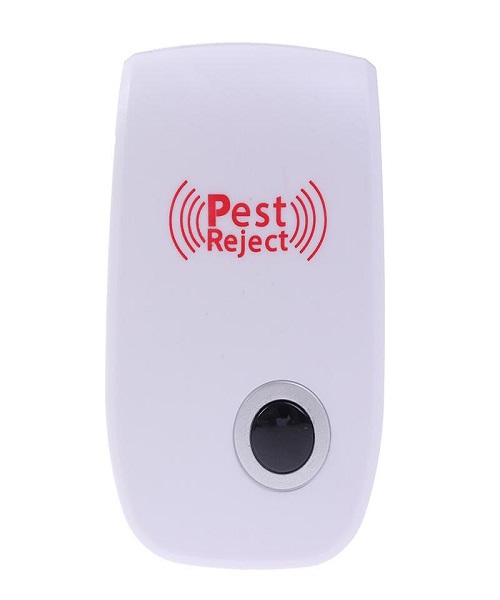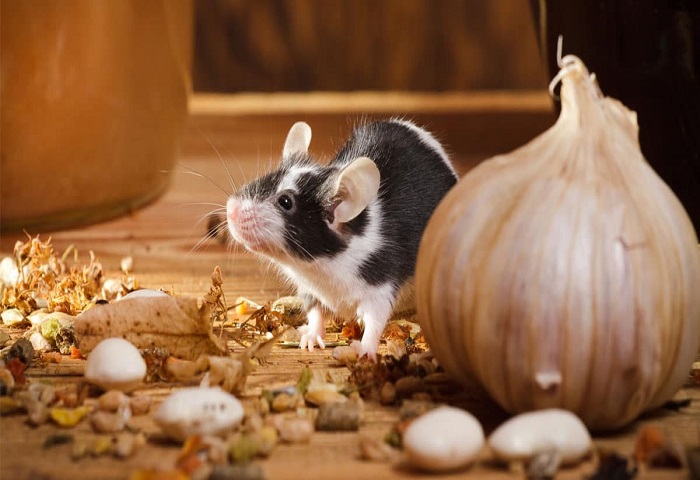Opening a garage or shed door and seeing a mouse run across the floor is one of life’s most unpleasant surprises. As well as being a nuisance, it can also be an indication of a far more serious issue that needs to be taken care of. The ordinary field mouse may be adorable, yet it is capable of causing significant damage. Mice are notorious disease carriers. Salmonella, listeria, and a slew of other infections are spread by rodent dung, urine, and nesting materials.
Mice are capable of wreaking havoc as well. They can quickly eat their way through a variety of materials, including boxes, fabric, baskets, and even electrical wires. They’re capable of building massive nests anyplace. Do you want to keep mice from coming into your garage, shed, or barn? So how to keep mice out?
Throw Away The Cardboard
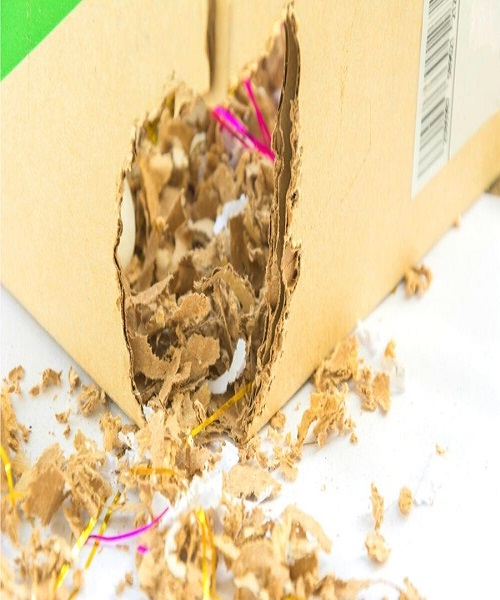
Begin by avoiding the use of cardboard boxes and other packaging made of or derived from paper or other types of paper. Mice are drawn to cardboard boxes, which are both affordable and easy to use.
Confetti shavings made by chewing through cardboard are ideal for mice to use as a nesting ground for their offspring. As a result, cardboard absorbs and intensifies the urine and droppings they leave behind, making whatever you store in it smell just a little bit worse.
Instead, use airtight plastic containers to keep your belongings protected. Instead, use airtight plastic containers to keep your belongings protected. In terms of prospective food supplies like grass seed, animal feed and garden seed this is very significant.
If you store these products in safe containers, not only will they keep mice away, but any odours will also be blocked, keeping them from being drawn to the area in the first place.
Close All Access Points
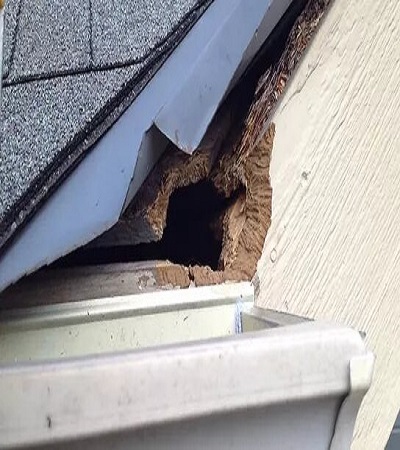
If you’re concerned about mouse infestation, this is a big deal! Mice are able to get into sheds, barns, and other structures through holes and gaps in the siding and doors.
Installing weather stripping around door gaps will help keep mice out of your home. Securing holes in boards where electrical or water pipes could enter is another example of prevention.
Wander around your outbuildings, both inside and out. Caulk or use expanding foam to fill cracks or gaps. Fill in any holes you find around doors and windows.
If the floors of the outbuildings are dirty, install a stainless steel mesh barrier. Rats cannot enter or bypass it.
Make sure the seal at the bottom of your garage door is in good operating order if you have a large garage door. During the early autumn and winter, mice use this as a primary access point.
When the garage is not in use, make sure the door is closed. Your garage is an open invitation to a mouse if your garage door is left open, That mouse is now only a few steps away from entering your home, which is much more terrifying!
Effective Natural Deterrents
When it comes to keeping mice out of your home, natural repellents are your best bet. Even better, you don’t have to be concerned about dangerous or hazardous chemicals if you have small children or pets in the house.
Two of nature’s most potent repellents are peppermint oil and cinnamon oil. Mice and other rodents hate the smell of both of these substances. The aroma deters mice from congregating in high-risk places. It has also been proven that dryer sheets can be used.
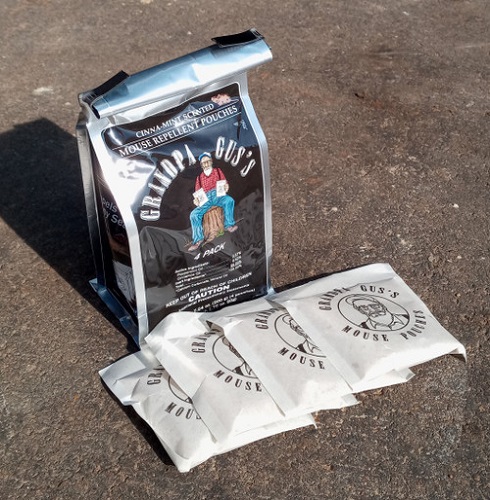
Electronic Pest Repellents
For the most effective and safest way to keep rodents out of any structure, an electromagnetic repellent device is the best option. Sound waves that are undetectable to human ears, but which drive mice insane are used in electronic repellents.
Even better, many of these models are effective at keeping out other common household pests including spiders, roaches, and other tiny insects. They’re easy to set up; all you have to do is plug them in.
